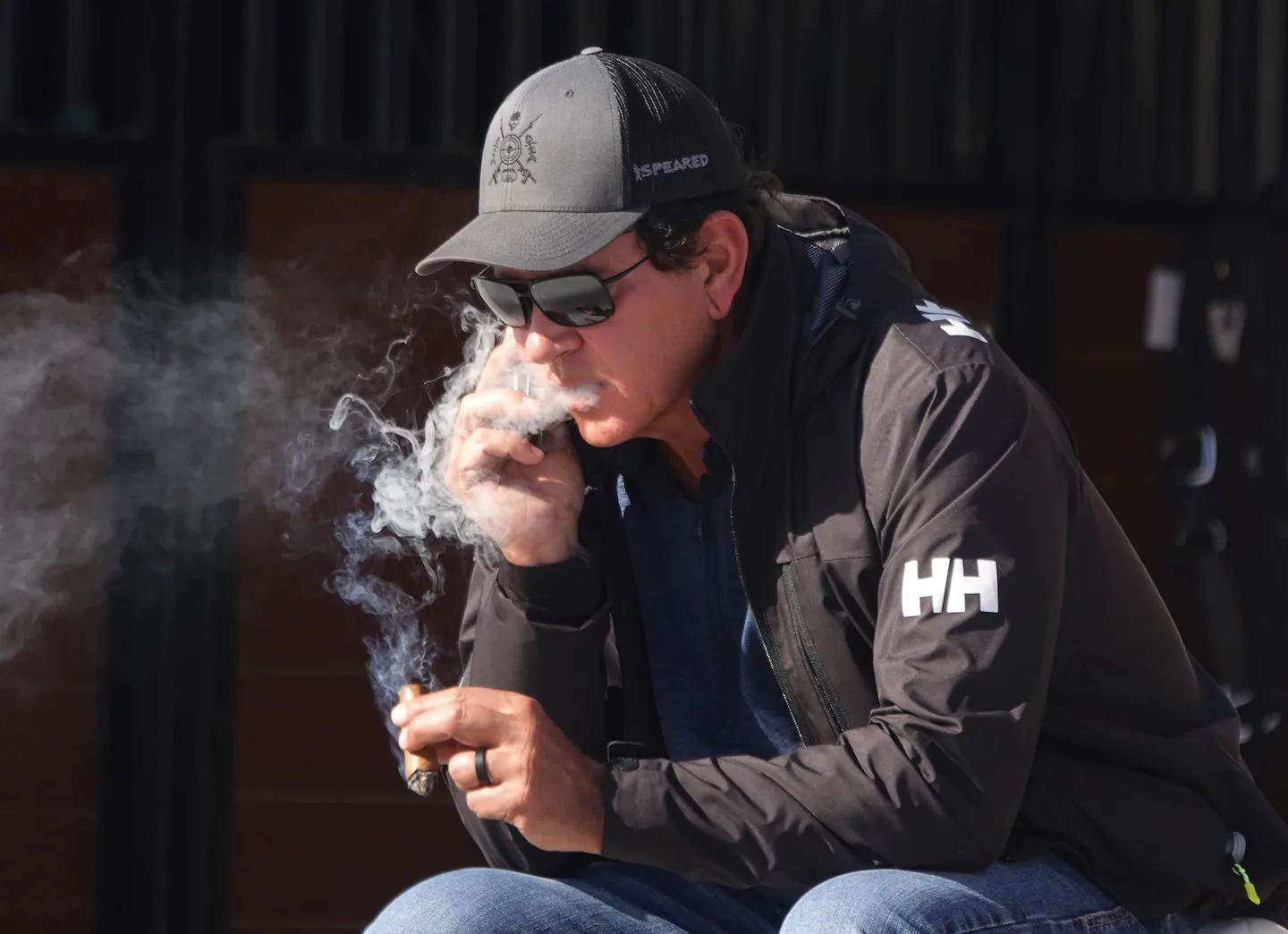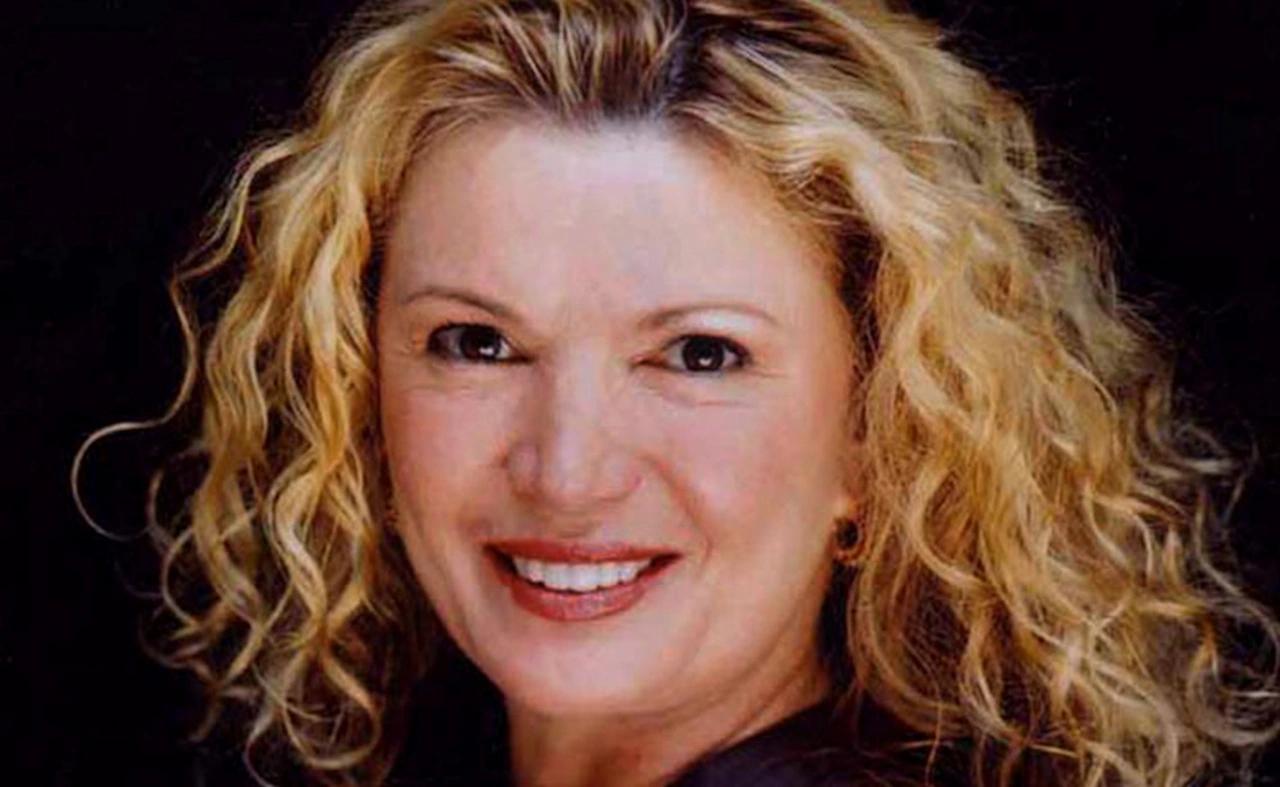
But, hey, why disrupt de la Torre’s cushy lifestyle when prosecutors have such Trump-designated evil-doers to pursue as Comey, New York Attorney General Letitia James, and Senator Adam Schiff of California.
Bondi got her marching orders recently in a Trump social media post, when the president urged her to go after the three, declaring, “We can’t delay any longer, it’s killing our reputation and credibility. They impeached me twice, and indicted me (5 times!), OVER NOTHING. JUSTICE MUST BE SERVED, NOW!!!”
Let’s stop to remember how unbelievably inappropriate it is for the president to be directing law enforcement to target his political enemies and how unethical it was for Bondi to comply. Congressional Republicans who have meekly stood aside while Trump dismantles the DOJ’s independence will have no credibility complaining about a future Democratic president doing the same thing.
In the case of Comey, the pressure of an expiration date on the statute of limitations for his congressional testimony on Sept. 30, 2020 — and allegations he lied to the congressional committee probing the FBI investigation into Russian influence of the 2016 presidential election — made him Trump’s Public Enemy Number 1. It was that FBI probe that Trump has long labeled a witch hunt.
It’s not exactly clear what specifically Comey is accused of lying about — but it may turn out to have nothing to do with the Russia investigation at all, and might even be related to a leak about an investigation into the Clinton Foundation. That leak was beneficial to Trump, not Democratic nominee Hillary Rodham Clinton, in the election.
Comey, to his credit, showed up for that congressional hearing. De la Torre, however, never did comply with a congressional subpoena for a hearing scheduled on Sept. 19, 2024. Days later, the full Senate referred the matter to the DOJ, where it has languished ever since — first during the Biden administration’s waning days in office and now under Bondi.
In a letter to Bondi on the one-year anniversary of that contempt citation, Senator Ed Markey told the attorney general, “Despite the seriousness of this referral, there has been no visible enforcement. Communities harmed by Dr. de la Torre’s conduct deserve answers and accountability.”
And he reminded her of the consequences of de la Torre’s leadership of the health care system he founded here in Boston in 2010.
“While frontline staff reused gloves and families mourned deaths tied to understaffing, Dr. de la Torre, Steward executives, private equity managers, and real estate investors extracted hundreds of millions of dollars and spent lavishly on yachts, private jets, and luxury properties. Hospitals deteriorated and closed while they enriched themselves,” Markey wrote.
In addition to the congressional search for answers, the Globe reported a year ago that a federal grand jury was hearing testimony related to misconduct and possible corrupt practices leading to the financial collapse of the Steward network. At the time federal agents reportedly served de la Torre with a search warrant and seized his phone.
Since then, not a word.
The only real progress in sorting through the greed and corruption that propelled the Steward empire has come recently in a Maltese courtroom, where local justice officials continue to pursue their case against former Steward executive and Brookline resident Armin Ernst, who headed Steward’s international arm. A Maltese magistrate recommended Ernst and de la Torre be charged with money laundering, criminal association, and corruption of public officials in connection with the firm’s failure to live up to a 4 billion euro (roughly $4.7 billion) government contract to manage three of the nation’s hospitals.
Now there was a time when US Justice officials would have been partners in prosecuting Americans who would aid and abet foreign corruption. But in February the president signed an executive order pausing all investigations under the Foreign Corrupt Practices Act. In June the Justice Department issued new guidelines on how the act would be administered in the future but reiterated it would mean “shifting prosecutorial resources to cases that clearly implicate U.S. national security and competitiveness.”
Earlier this month Acting Assistant Attorney General Matthew R. Galeotti told a meeting of the Global Investigations Review, an umbrella group of largely in-house corporate counsel who deal with justice enforcement issues, that fighting white-collar crime remains a DOJ priority.
“We are identifying, investigating, and prosecuting fraud and corruption, and we are doing so in an effective, focused, fair, and efficient manner,” he said. “Most importantly, we are focused on protecting the interests of the American people.”
Well, a number of those long-suffering people are right here — those who depended on the now closed Carney Hospital, those who depended on care by physicians with the right equipment at the right time to save lives, those still waiting to be paid by a health care system bankrupted by its greedy executives.
Those people would like answers — and to see justice done.



